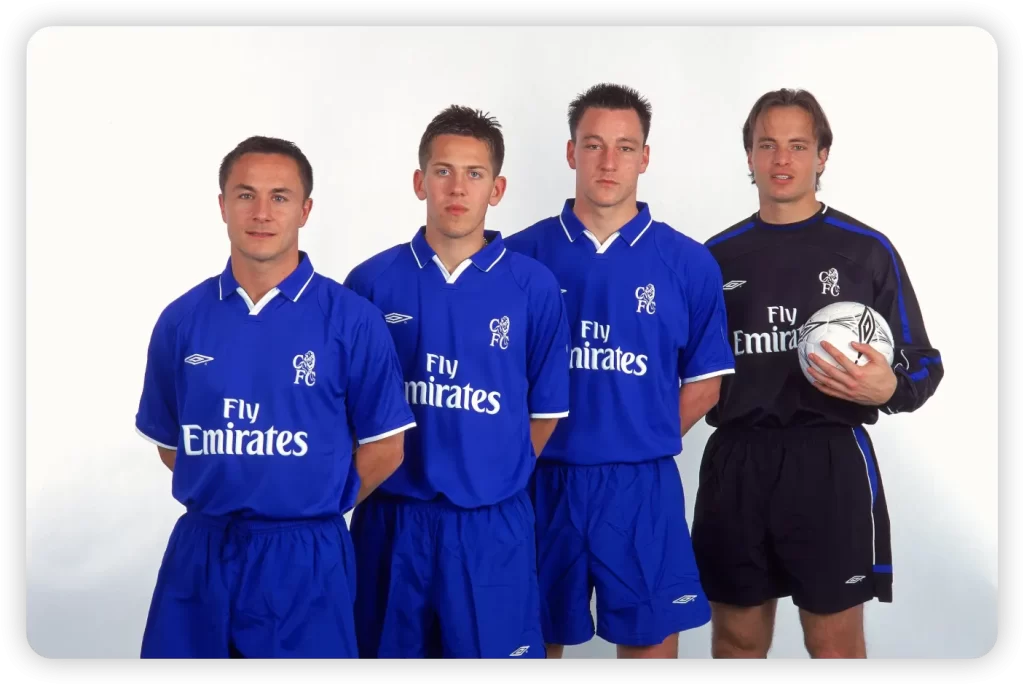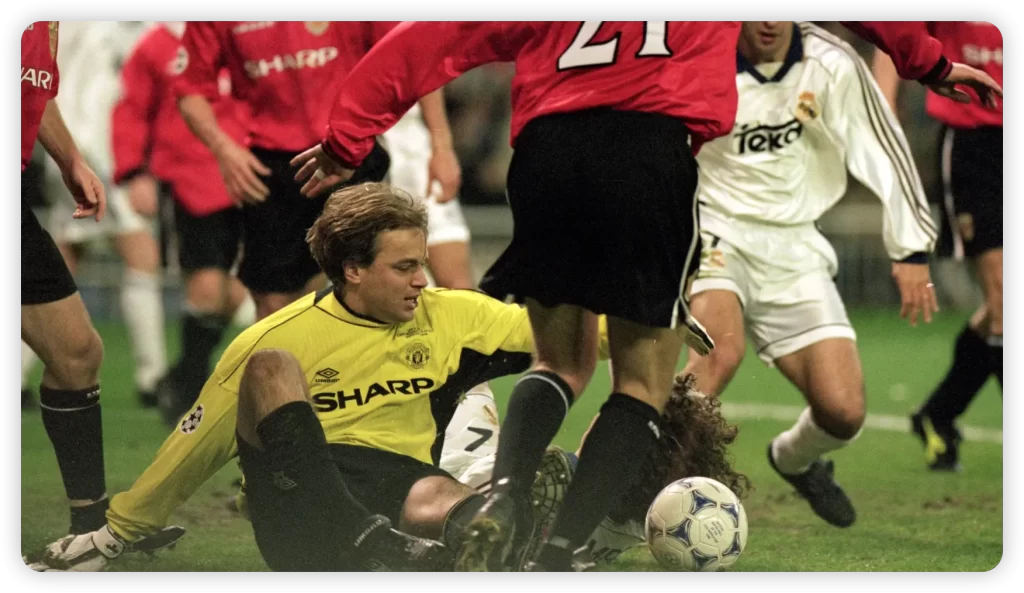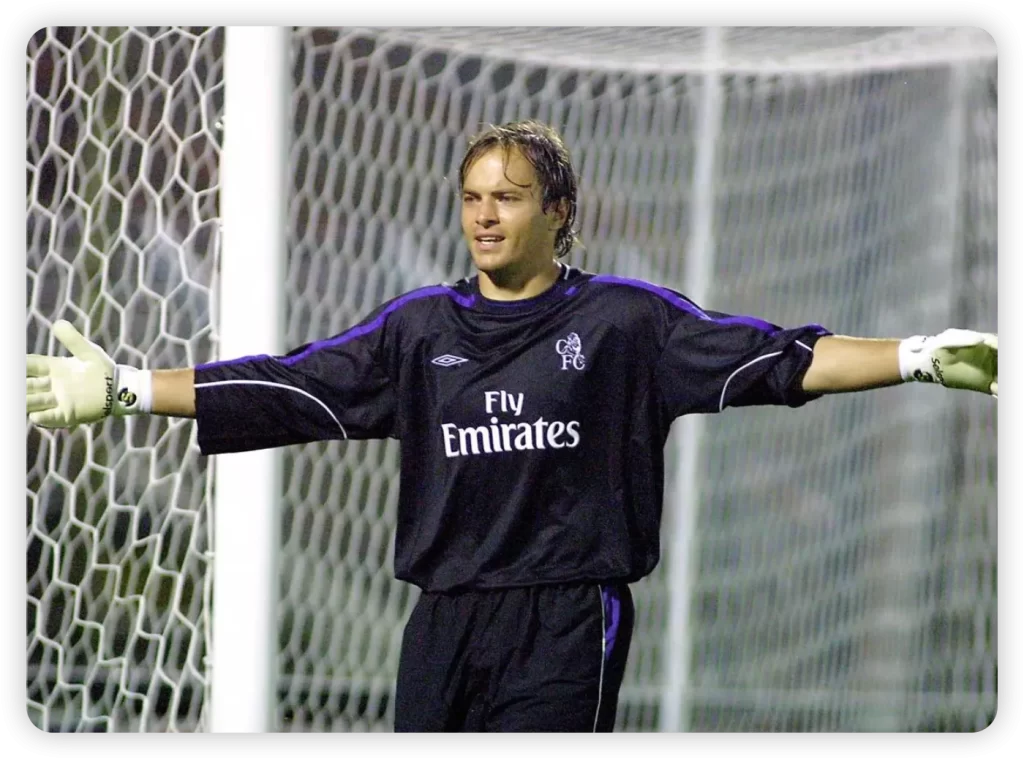The football world was shaken this week as Chelsea’s Australian goalkeeper Mark Bosnich faced severe consequences for violating anti-doping regulations. Mcw brings you an in-depth examination of this developing story that goes beyond surface-level reporting to analyze the tactical implications for Chelsea, historical precedents in doping cases, and what this means for Bosnich’s career trajectory.
The FA’s Landmark Decision on Doping Violation
The Football Association’s disciplinary committee delivered a decisive verdict on Bosnich‘s case, imposing a nine-month suspension effective from December 23, 2022 (the date of his initial interim suspension). This punishment stems from two serious charges:
- Improper conduct violating FA regulations
- Testing positive for cocaine, a banned substance under anti-doping protocols

What makes this case particularly noteworthy is the FA’s decision to forgo financial penalties while requiring Bosnich to cover the £10,000 costs of the disciplinary proceedings. This nuanced approach suggests consideration of mitigating factors while maintaining strict anti-doping standards.
The Player’s Defense and PFA’s Stance
Bosnich‘s representatives have mounted a vigorous defense, immediately announcing their intention to appeal the decision. The Professional Footballers’ Association (PFA) chairman Gordon Taylor revealed key aspects of their position:
“Mark maintains his drink was spiked, and while the commission considered this claim, the verdict ultimately went against him with significant consequences,” Taylor told Mcw in an exclusive interview. “The punishment could have been more severe under current guidelines.”
The PFA has been providing support through their drug education programs, noting that Bosnich had entered rehabilitation for depression prior to this incident. This context adds layers to understanding the psychological pressures facing professional athletes.
Career Crossroads for a Once-Promising Keeper
At 31 years old, Bosnich stands at a critical juncture:
- Previously successful spells at Aston Villa and Manchester United
- Current £40,000/week Chelsea contract
- Limited first-team opportunities under Claudio Ranieri
- Now facing nearly a year without competitive football
Alt: Mark Bosnich in his Manchester United goalkeeper kit making a save
Football analyst Martin James of Mcw notes: “This suspension couldn’t come at a worse time for Bosnich’s career. With Carlo Cudicini firmly established as Chelsea’s number one and young keepers pushing for spots, regaining professional footing after this ban will require extraordinary determination.”
Historical Context of Doping Bans in Football
Examining similar cases provides perspective on Bosnich‘s situation:
| Player | Offense | Ban Duration | Year |
|---|---|---|---|
| Adrian Mutu | Cocaine | 7 months | 2004 |
| Abel Xavier | Anabolic steroid | 18 months | 2005 |
| Paddy Kenny | Ephedrine | 9 months | 2009 |
Sports law expert Dr. Eleanor Richardson comments: “The FA’s decision aligns with precedent while accounting for contemporary understanding of mental health factors. The absence of financial penalty suggests some recognition of extenuating circumstances.”
Tactical Implications for Chelsea FC
Bosnich‘s suspension creates immediate roster challenges for the Blues:
- Reduced depth behind first-choice Cudicini
- Potential need for January transfer window activity
- Increased pressure on youth academy products
- Possible formation adjustments in cup competitions
Mcw tactical team predicts Chelsea may need to reconsider their goalkeeper strategy earlier than anticipated, with this development potentially accelerating plans to identify long-term successors to their current starter.

The Road to Redemption
While the suspension represents a significant setback, history shows recovery is possible:
- Rehabilitation and counseling programs
- Maintaining fitness during suspension
- Public accountability and contrition
- Potential community outreach involvement
As Taylor emphasized: “This doesn’t have to be career-ending if Mark demonstrates the dedication to rebuild trust and form. The football community has seen successful comebacks from similar challenges.”
Mcw Final Analysis
The Mark Bosnich case serves as a stark reminder of the intense pressures and scrutiny facing modern footballers. While the nine-month ban delivers clear consequences for violating anti-doping policies, the nuanced approach from the FA suggests evolving perspectives on mental health in professional sports.
For Chelsea, this represents another chapter in a season of challenges as they balance competitive ambitions with squad management. For Bosnich, the path forward will require more than just serving his suspension – it demands a comprehensive personal and professional rehabilitation to reclaim his place in the game he loves.
What do you think about the FA’s handling of this case? Should there be more support systems for players facing mental health challenges? Share your thoughts with the Mcw community below.

